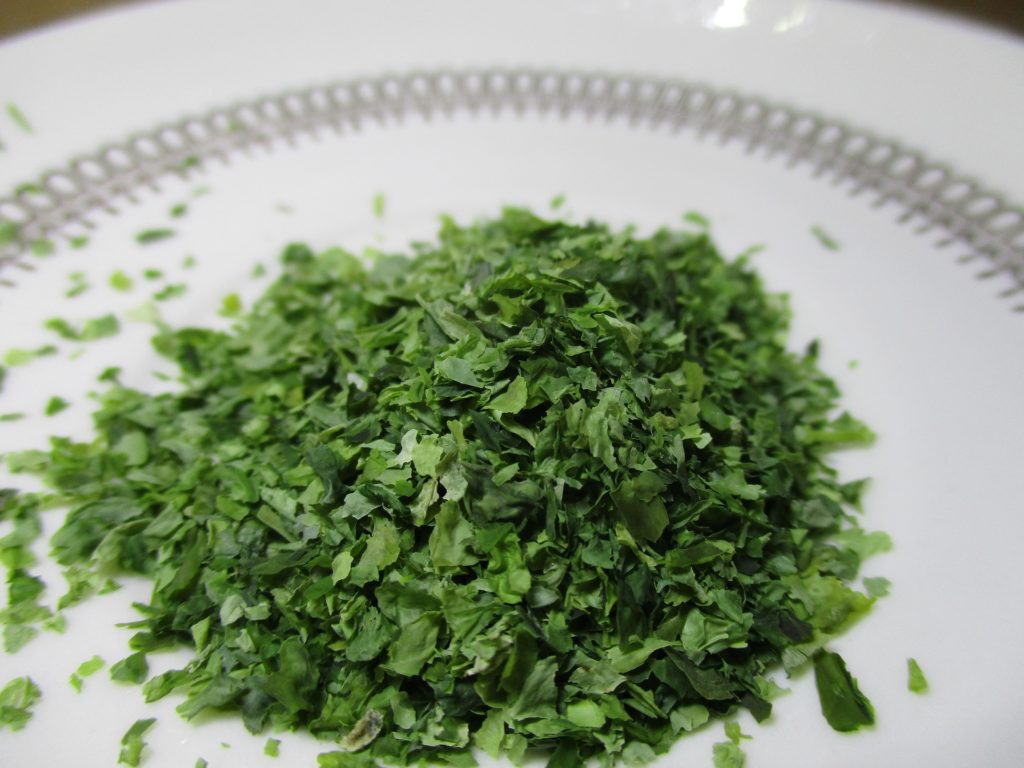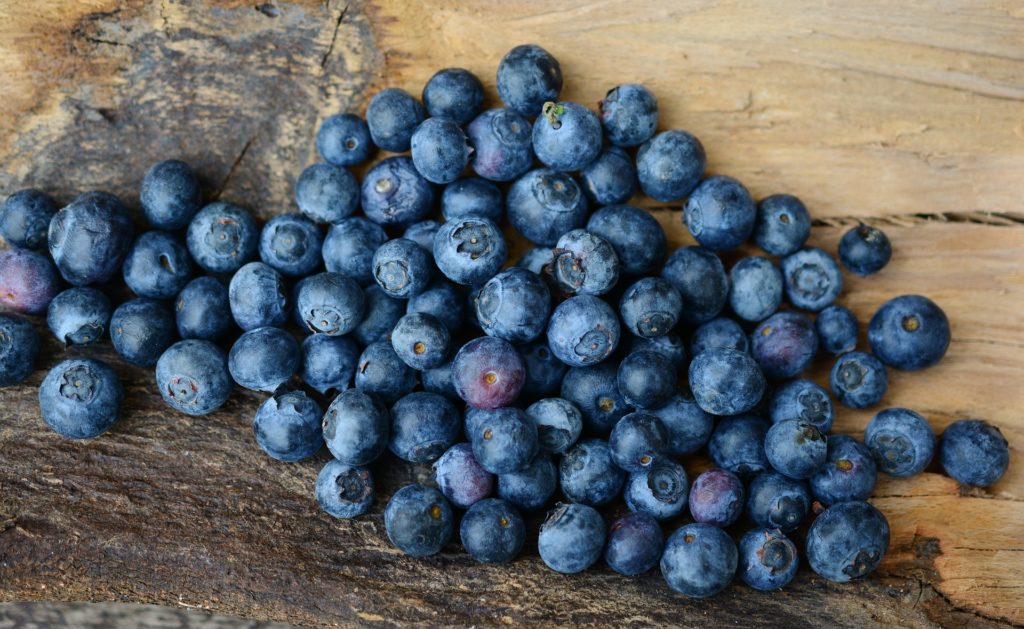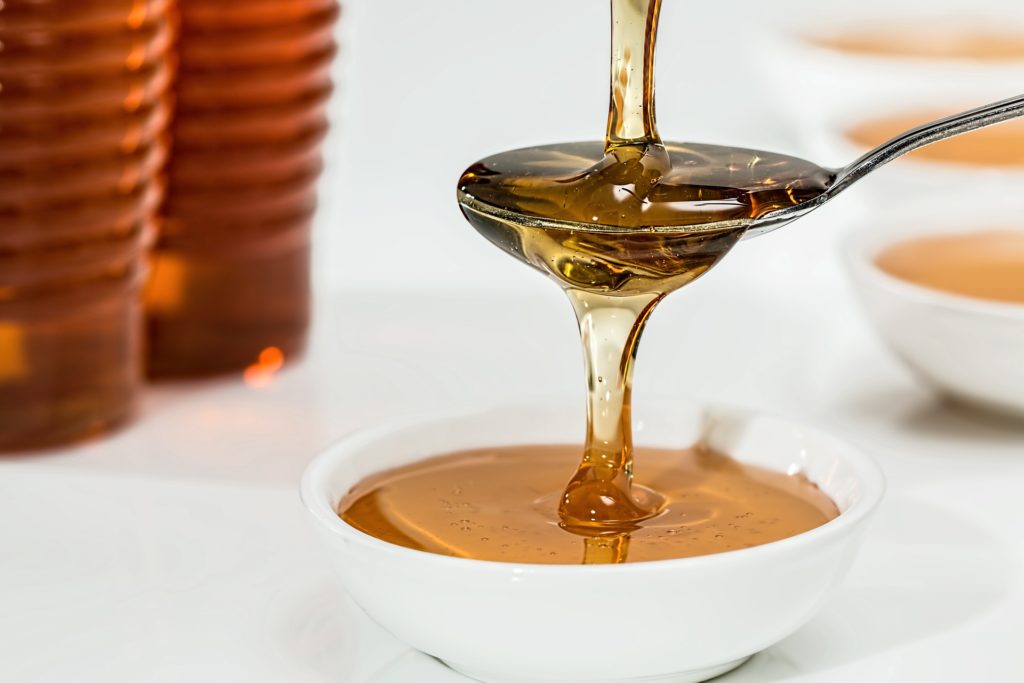The Best Diet For Hypothyroidism – Whole Foods and Health
Thyroid disorders have become a modern day epidemic. Hypothyroidism is a condition in which the thyroid gland no longer produces and releases enough thyroid hormones in the body. As result, unwanted symptoms begin to rise throughout the body due to lack of thyroid hormone production.
The American Thyroid Association estimates that 20 million Americans have some form of thyroid disease and up to 60 percent of these Americans are unaware of their condition (1). Unfortunately, women are more likely to develop a hypothyroid condition than men. However, both men and women can suffer from poor thyroid function.
Hypothyroidism vs. Hyperthyroidism – What’s the Difference?
Those suffering from a hypothyroid condition don’t produce enough thyroid hormone, whereas those suffering from a hyperthyroid condition actually produce too many thyroid hormones. Hyperthyroidism is often called “Grave’s Disease.”
Symptoms of Hypothyroidism
Always tired
Depression and anxiety
Unexplained weight gain
Cracking skin
Goiter
Constipation
If you’re suffering from a hypothyroid condition, you will have an overall feeling of weakness and fatigue. In fact, research indicates that people with prediabetes and low thyroid hormone are more than twice as likely to progress to full-blown type 2 diabetes compared to those with normal thyroid levels (2).
Symptoms of Hyperthyroidism
Unintentional weight loss
Thinning hair
Excessive sweating
Heart palpitations
Frequent bowel movements
Itchy skin
Those suffering from a hyperthyroid condition, or Grave’s Disease, will find that maintaining or gaining weight is an impossible task. According to a team of Italian researchers from the University of Parma, hyperthyroidism can dramatically increase the risk of death among the elderly (3).
Potential Causes of Hypothyroidism
Diet
Diet plays a huge role when it comes to hypothyroid conditions. Lack of vitamins and minerals can all contribute to low thyroid. In fact, both Selenium and Iodine have been shown to be needed in order for healthy thyroid functions.
A study published in the International Journal of Endocrinology found that countries with higher soil/crop selenium concentrations have less prevalence of hypothyroid conditions than countries with low soil/crop selenium concentrations (4).
Furthermore, a deficiency in iodine can cause hypothyroidism (5). Those who avoid seafood or sea vegetables are more at risk for developing an iodine deficiency.
Gut Dsybosis
An unhealthy gut microbiome can contribute to nutritional deficiencies and cause autoimmune disorders in the body due to gut permeability. This can undoubtedly contribute to a hypothyroid condition in the body. Be sure to read our post on correcting the gut microbiome so you can take the necessary steps in treating a dysfunctional gut.
Pregnancy
Sorry ladies, but for whatever reason some pregnant women will begin to produce huge amounts of thyroid hormones, and then rapidly decline in production. The condition is called postpartum thyroiditis and researchers have found that supplementing with selenium may help prevent the condition (6).
Stress
Stress truly is the number one cause of most disease on this planet. Constant worrying, over work, lack of sleep and under nutrition all takes their toll on the body. Research shows that the microbiome is affected by stress in the body and can cause a whole host of health issues (7).
Lack of Exercise
The body was made to move; plain and simple. If you aren’t getting out and exercising than you are setting yourself up for future health problems down the road. Go outside for walk while also getting some sun. Research published in the International Journal of Health Sciences found that vitamin D has positive effect on hypothyroid patients (8).
The Best Diet for Hypothyroidism
Wild Caught Fish
Wild caught fish provides the essential omega-3 fatty acid DHA and EPA, which are essential for healthy hormone production. In fact, research published in Thyroid Research found that a patient was able to reverse a thyroid disorder with omega 3 fatty acid supplementation (9).

Those with two much omega 6 and not enough omega 3 are at risk for developing inflammation in the gut (10). Over consumption of nuts, seeds, and vegetable oils is the number one reason individuals have an imbalance in their omega 3 to 6 ratio.
Sea Vegetables
Sea vegetables such as kelp are an excellent source of natural iodine. 1/8 of teaspoon of kelp contains about 500 mcg of iodine. Patients with iodine deficiency and suffering from hypothyroidism showed positive improvements in thyroid function after supplementing with kelp (11).

However, be careful with the over consumption of iodine and foods containing iodine. Research indicates that both iodine deficiency and iodine excess can contribute to thyroid disorder (12).
Probiotic –Rich foods
Fermented vegetables are great for rebuilding the gut flora. Foods such as sauerkraut, kimchi, natto are all excellent choices. Various animal products such as yogurt and kefir are also great options.

Research has showed that the probiotics found in fermented foods can help depression and anxiety and reduce the stress hormone cortisol (13).
Gelatin or Bone Broths
Homemade bone broths and gelatins are great options for rebuilding the microbiome and decreasing intestinal permeability. These should be consumed regularly during meals in order to help reduce inflammation in the intestinal tract.
Both the L-glycine and L-proline found in bone broth and gelatin can help repair the digestive lining and reduce inflammation.
Fruits and Sea Salt
Fruits provide the necessary prebiotics that help keep the gut flora healthy. A small serving of fruit should be consumed each day in order to get the antioxidant and gut benefits.
Various fresh fruits have been shown to protect against free radical damage and reduce inflammation in the body (14). Vegetables, although healthy, should be consumed in small amounts since most contain goitrogens which can inhibit thyroid function (15).

Lastly, sea salt contains natural anti-stress properties and can help eliminate cortisol and lower blood cortisol levels in the body (16).
Raw Honey
Honey such as Raw Manuka Honey can be used daily in order to help fight pathogenic yeast and fungus that may be over crowding the digestive tract.

Raw honey has been shown to stop and prevent the growth of pathogenic yeasts such as candida (17). It’s also a great source of enzymes, vitamins, and minerals which can all help improve health dramatically.


Leave a Reply